CKC 2023: New Futures for Creative Economies
Day 1
The Commons Alternative for CCIs?
Abstract
The spread of digital transformation, economic crises, climate change and the malaise within liberal democracies are radically changing global economies and the analytical perspectives and policy and research agendas in relation to the Cultural and Creative Industries (CCI). In such a context, it is urgent to re-imagine creative economies and raise issues of justice, care and solidarity, at the same time as we explore opportunities for future development (Comunian et al, 2022). Commons, as social arrangements beyond the public-private paradigm, have emerged as a potential alternative to address these challenges across a broad spectrum of social and economic activities (Zimmerman, 2020), including CCIs.
Although for some years authors have suggested that commons propose a new research agenda perspective in the field of cultural production (Bertacchini, et al, 2012), relevant studies remain rather scarce and under-theorised. Studying culture as a shared resource and a commons ecosystem allows one to identify the main factors and social dilemmas impacting the production and evolution of cultural expressions. In this way, one can begin to understand creative work not as a matter of individual transformation and competition but as a practice of co-operation and social change (Sandoval, 2017).
In this presentation, we will examine commons as an alternative for CCIs focusing on collaborative creative spaces (such as coworking spaces, creative hubs etc) that have evolved over the last 15 years as economic and social infrastructures that support creative professionals in coping with precariousness, finding new networks to enhance collaboration and generally sharing valuable tangible and intangible resources. Using collaborative creative spaces as the main gateway to research commons in the CCI makes sense because it allows us to explore the subject-matter on three different dimensions: i) Internally within the space itself, looking at the sharing of resources and labour, ii) Externally within the immediate urban environment, examining links and networks with other urban commons (Stavridis, 2016) and iii) In the digital realm, given recent developments following the Covid-19 pandemic.
REFERENCES
Bertacchini, E., Bravo, G., Marrelli, M., & Santagata, W. (2012). Cultural commons: A new perspective on the production and evolution of cultures. Edward Elgar Publishing
Comunian, R., Faggian, A., Heinonen, J., Wilson, N. (2022). A modern guide to creative economies. Edward Elgar Publishing
Sandoval, M. (2017) From passionate labour to compassionate work: cultural co-ops, do what you love and social change. European Journal of Cultural Studies, 21: 2, 113-129
Stavridis, S. (2016). Common space- the city as commons. Zed Books
Zimmermann, J.B. (2020). Les communs : des jardins partagés à Wikipedia. Éditions Libre et Solidaire
Biography
Matina Magkou is a post-doc researcher at the SIC.Lab Méditerranée of the University Côte d’Azur in France. She holds a PhD in Leisure, Communication and Culture from the University of Deusto in Spain. Her current research focuses on cultural and creative industries, cultural relations and cultural policies. She has worked for festivals and theater productions and continues collaborating as a cultural manager and consultant with cultural networks and organisations evaluating projects, facilitating learning processes and project managing complex projects. Recent collaborations include the Goethe Institute, the Bodossaki Foundation, the Heritage Organization and cultural networks such as EUNIC, ENCATC, In Situ and Eurozine.



